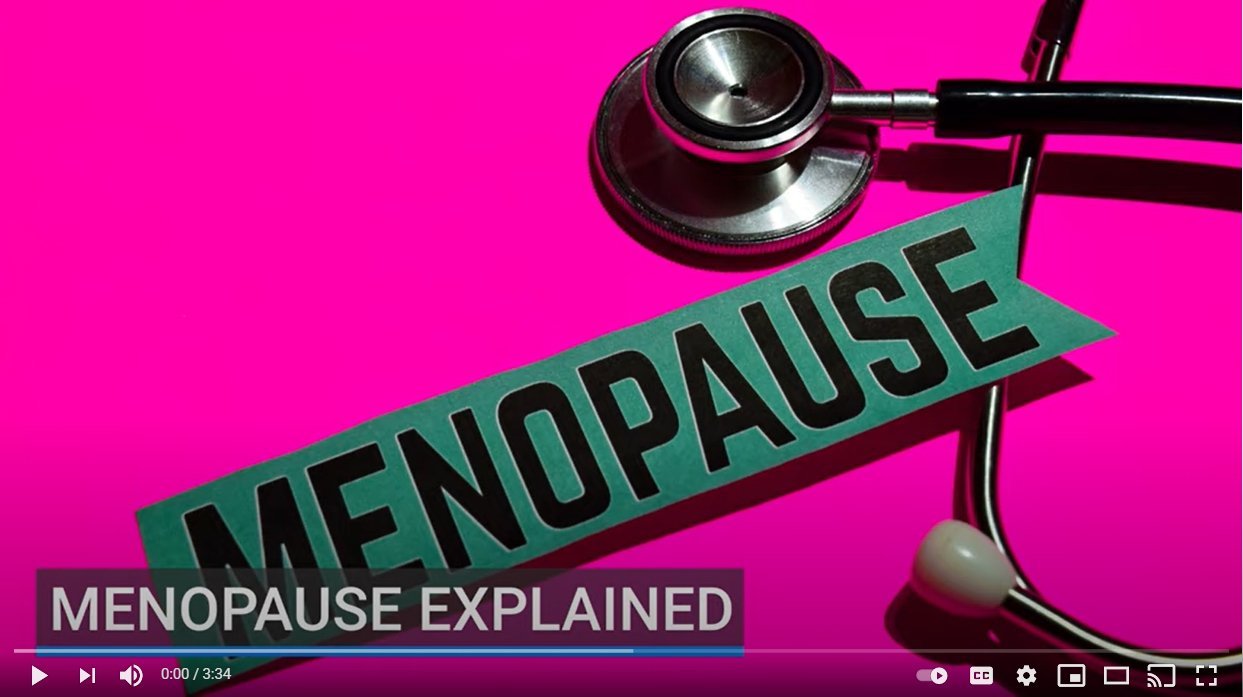Take Control of Your Life
Understanding Your Hormone Health
Understanding your hormonal health is one of the most important factors in helping you to live a balanced life. Through no fault of our own, many of us don’t understand how hormones impact on our health. It is neither something highlighted in educational curriculums or at a general check-up at our GP surgery. However, never underestimate your intuition of your body, you are the best person to inform professionals of your health.
Personally, I, as a nurse with many years of experience, struggled for years to find the care I needed, despite my recognition of my hormonal imbalances.
Females and males experience symptoms related to hormonal balance, and the importance of understanding your body and hormones cannot be underestimated, so take control of your life by taking control of your health.

My passion in life has always been in health promotion and prevention. To succeed and maintain this, I have always felt the following are of utmost importance: education, support and guidance are key for each individual.
I sincerely hope you will join me in sharing this health promotion and prevention with your friends and family, or advising me of areas where you or your family or friends are not being heard, or experiencing difficulty in being heard.
Hormonal Imbalances
Both sexes can experience hormonal imbalances. However, females over history have felt stigmatised for speaking out or seeking assistance with their symptoms and fell silenced for a long time. How women coped with such debilitating symptoms years ago, and most likely afraid to even tell a friend they had, is hard to imagine.
The importance of both women, and indeed men, balancing their hormones is so important, and today we thankfully live in a world where people speak out more. Despite this, it is still not an easy topic for some to talk about. It is a part of all our journeys, but understandably a very personal one.
The impact on female’s health in particular has recently been highlighted on TV and social media by the likes of Davina McCall on Channel 4, Louise Newton (the founder of My Menopause Doctor) in the UK, The Irish Menopause Facebook group, and an RTE series about menopausal health.

Menopausal Health
It is statistically reported the decline in oestrogen levels in females increases their risks of cardiovascular disease and bone density among many other ailments attributed to their quality of life.
Symptoms range from generalised specific symptoms to female/male orientated symptoms.
General Symptoms Examples
- Weight gain
- Hump of fat between the shoulders
- Unexplained weight loss
- Fatigue
- Muscle weakness, aches, tenderness, and stiffness
- Pain, stiffness, or swelling in your joints
- Increased or decreased heart rate
- Sweating
- Increased sensitivity to cold or heat
- Constipation or more frequent bowel movements
- Frequent urination
- Increased thirst
- Increased hunger
- Decreased sex drive
- Depression
- Nervousness, anxiety or irritability
- Blurred vision
- Infertility
- Thinning hair or fine, brittle hair
- Dry skin
- Puffy/rounded face
- Purple or pink stretch marks
Female Driven Symptoms Examples
- Heavy or irregular periods
- Hirsutism, or excessive hair on the face, chin or other parts of the body
- Acne on the face, chest or upper back
- Anxiety, overwhelmed, fatigue
- Hair loss
- Darkening of the skin
- Skin tags
- Vaginal dryness
- Vaginal atrophy
- Pain during sex
- Night sweats
- Headaches
Male Driven Symptoms Examples
- Gynecomastia, or the development of breast tissue
- Breast tenderness
- Erectile dysfunction (ED)
- Decrease in beard growth and body hair growth
- Loss of muscle mass
- Loss of bone mass, otherwise known as osteoporosis
- Difficulty concentrating
- Hot flashes


What To Do
Seek support – through specialists, therapists, family, friends and support groups, but remember, every individual is different. What works for one may not work for you – seek professional advice.
Be informed – listen to others, but remember every individual is different. Recognise the symptoms of hormonal balance/imbalance for you and seek professional advice.
Be educated – look at the research shared through support groups, professionals, friends or family and use this to inform your choice of treatments when meeting specialists.
Don’t give up – remember this saying when seeking help from professionals … “There is a doctor for every patient, and a patient for every doctor”. Healthcare, unfortunately, is no different to life, as we seek friendships of those who think and believe like us, the same is reflected in our healthcare as well. Every person knows their body, you are the best informed of what is happening for you.
Conclusion
Balance and support your digestive, endocrine and reproductive systems to promote hormonal health.
If you have any questions, concerns or would just like further information about how your hormones can affect your overall wellbeing, don’t hesitate to reach out and get in touch with us here at Health 4U. Or you can book an appointment with Sinead through our online booking platform, and together we will help you understand and take control of your hormonal health.


